ExpressVPN launches “Signals of Trustworthy VPNs” with CDT


NOTE: This post was originally published on October 16, 2018
Crunchy? Extra creamy? Reduced fat? Old-fashioned, whatever that means?
We’ve all had that feeling of being overwhelmed by choice when shopping, whether for peanut butter… or a VPN service.
Of course, choosing a VPN service presents somewhat higher stakes, as you have to be able to trust your provider with your online privacy and security. ExpressVPN strives to earn that trust with our industry-leading combination of hardware, software, and human ingenuity, and by sharing detailed information about how we work every day to protect our users.
But we don’t want to stop there—helping users choose the best VPN service for them means ensuring that they have the information and guidance needed to evaluate whom they can trust, no matter which provider they’re considering.
That’s why we’ve worked with the Center for Democracy and Technology (CDT), an independent non-profit organization that champions online civil liberties and human rights around the world, to launch a cross-industry initiative to raise standards across the industry and empower users to make more informed decisions when choosing a VPN—ultimately making the internet more private and secure for all.
Signals of Trustworthy VPNs
Together with a handful of other VPN providers, we’ve worked with the CDT on developing a list of questions that VPN services should be able to answer to signal their trustworthiness. These questions, together with guidance from the CDT, help users evaluate VPN providers based on their business models, data collection practices, security protocols, and more.
Think of it as a nutrition label for VPNs, providing a baseline set of facts you can compare across various services. And just as a nutrition label can help you determine which peanut butter labeled “healthy” truly is better for you, these questions and answers enable you to better judge whether a VPN service that boasts “industry-leading security” truly deserves that label.
Unlike a nutrition label, however, participation is completely optional. We do hope, however, more VPN providers join us in answering these questions and raising standards for the entire industry.
We’ve published the questions and our answers in our Trust Center, which also has extensive additional detail about our security practices, above and beyond what the CDT project calls for.
Take the first step to protect yourself online. Try ExpressVPN risk-free.
Get ExpressVPN
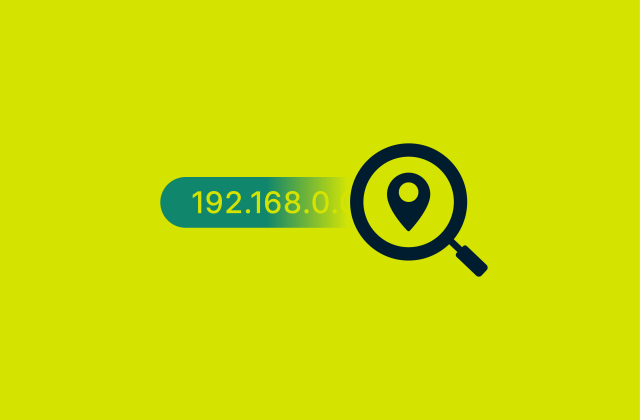
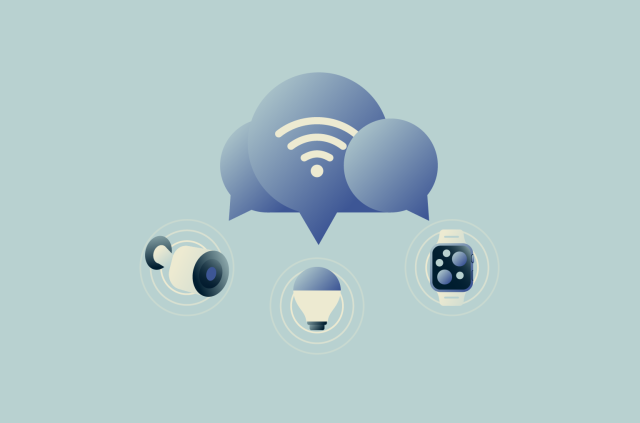
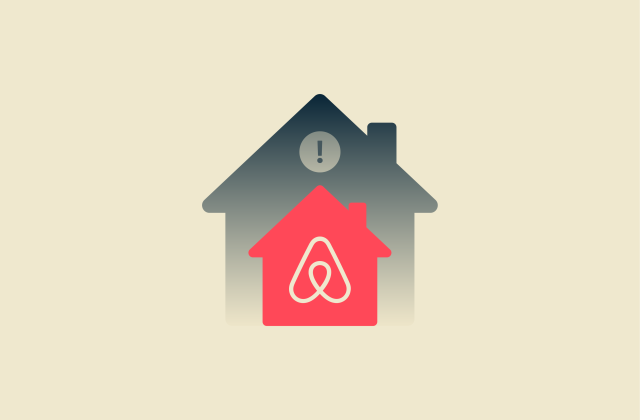
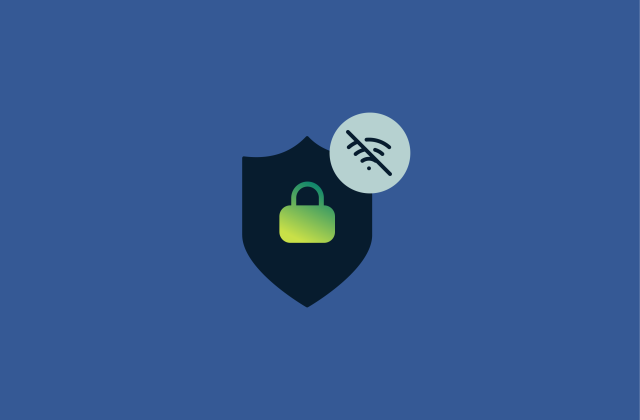
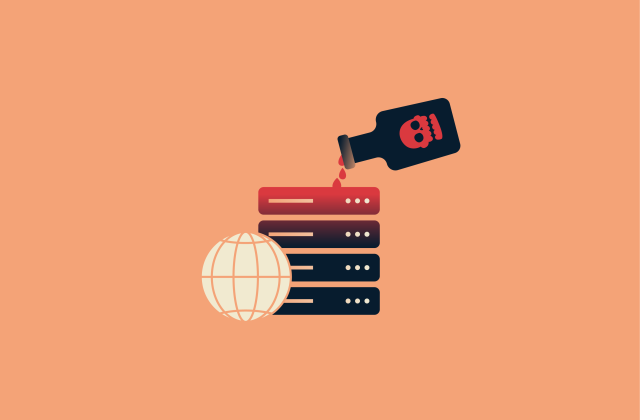


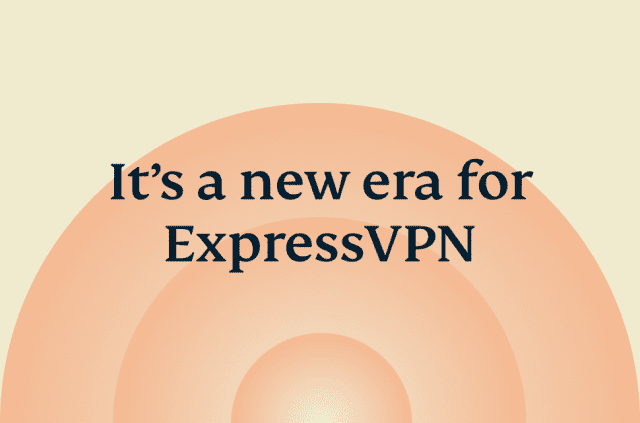
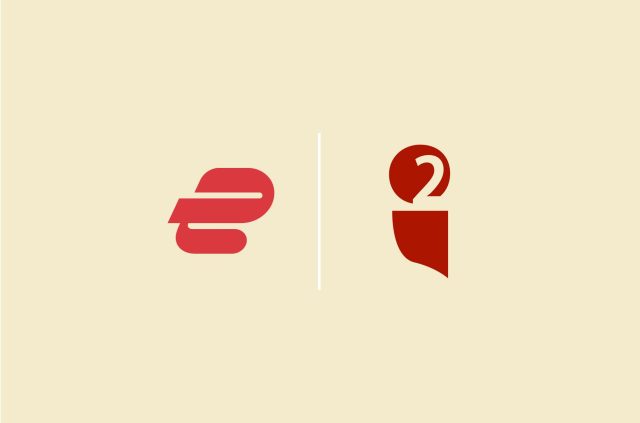








Comments
nocoment
good i can feal
Good app